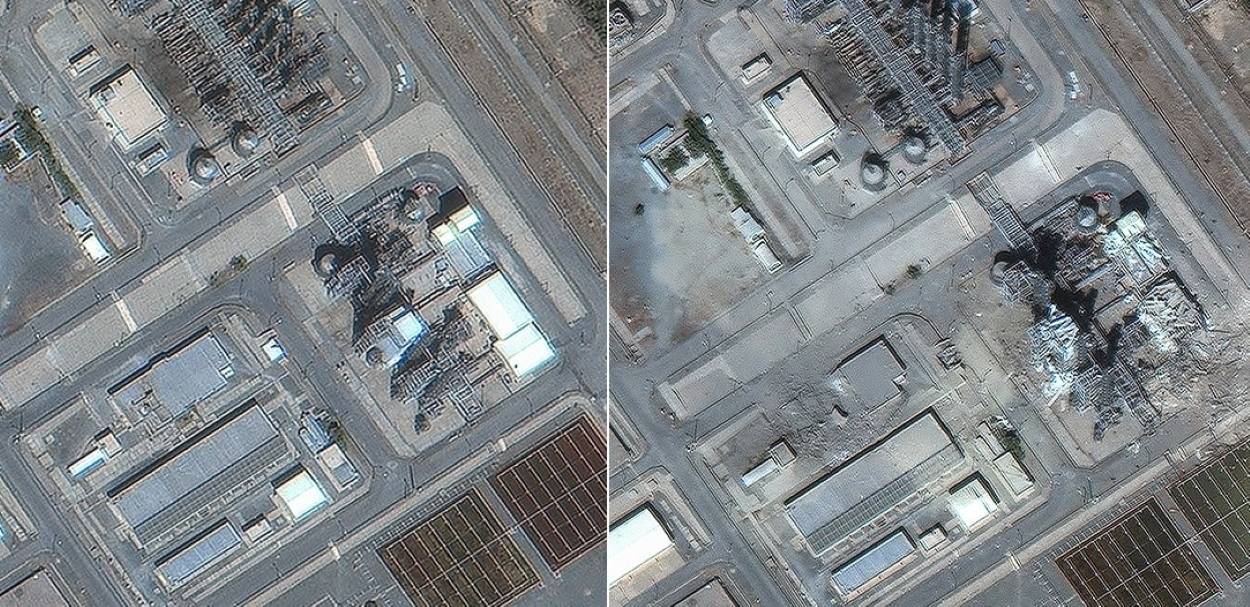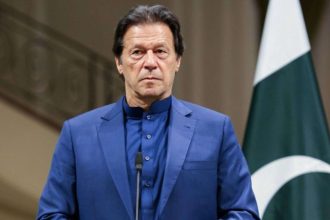Iran has fully restored its air defence systems after damage sustained during its recent conflict with Israel. Military Deputy for Operations Mahmoud Mousavi affirmed to Defah Press that, while some air defences suffered damage, his team promptly replaced them using domestically sourced, pre-arranged systems kept in secure storage.
This swift recovery has allowed Iran to maintain control over its airspace without relying on foreign imports, reinforcing the country’s commitment to self-reliance in military matters. Ahead of the June 2025 conflict, Iran’s air defence arsenal included domestically produced Bavar-373 and Russian-made S-300 systems. The latest updates do not reference any new foreign acquisitions.
This announcement follows a period of elevated regional tension, as Iran, Britain, France, and Germany prepare for possible nuclear talks next week. Iran’s semi-official Tasnim news agency reported on July 20 that all sides have agreed in principle to the talks, although they have not yet finalised a location or date.
⚡️BREAKING
Iranian military has announced that it has replaced all damaged air defenses
The country's airspace has also been fully opened to air traffic pic.twitter.com/OAAa1F93Uc
— Iran Observer (@IranObserver0) July 20, 2025On the diplomatic front, the European trio (E3) and the EU’s foreign policy chief held their first call with Iranian Foreign Minister Abbas Araqchi since the Israel-Iran air conflict. European leaders urged Iran to make progress to avoid the reinstatement of UN sanctions under the “snapback mechanism,” which could take effect by late August 2025.
Iran maintains that its nuclear program serves only civilian purposes, a claim that continues to face scepticism from Western countries since the United States exited the 2015 Joint Comprehensive Plan of Action (JCPOA) in 2018. Despite U.S. withdrawal, the European powers (E3), along with China and Russia, remain committed to the agreement, which traded the lifting of sanctions for strict nuclear limitations. Araqchi dismissed Western threats, stressing that if the EU and E3 wish to play a constructive role, they must act responsibly and abandon outdated tactics such as the “snapback” mechanism, which he argued lacks moral and legal justification.
Read: Iran Ready to Respond to Attacks: Khamenei Warns of Bigger Blows
The snapback provision, set to expire on October 18, 2025, enables the reimposition of UN sanctions. Previously, indirect negotiations through Oman stalled as debates persisted over Iran’s uranium enrichment levels, with Western powers demanding a reduction to zero.






